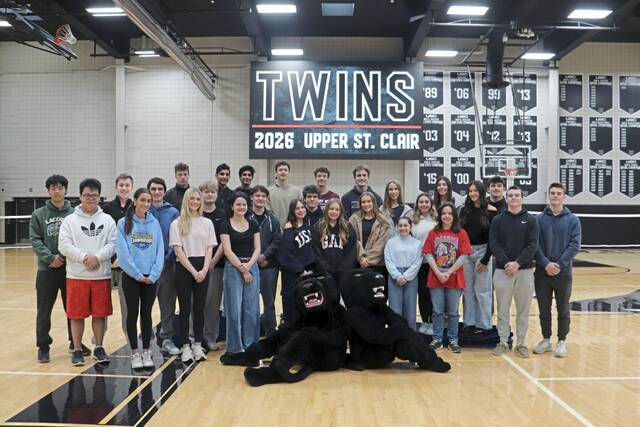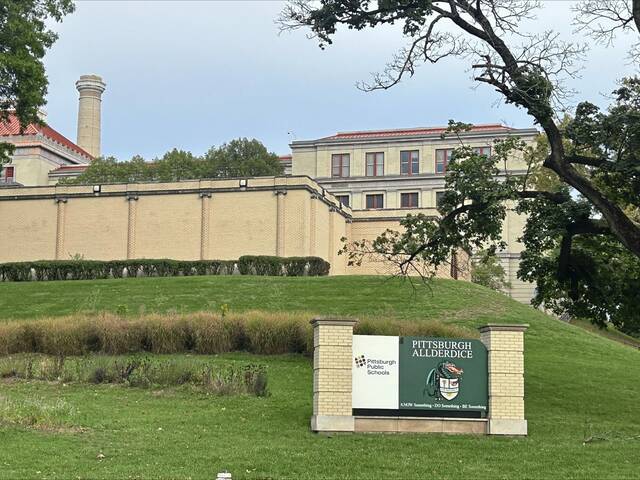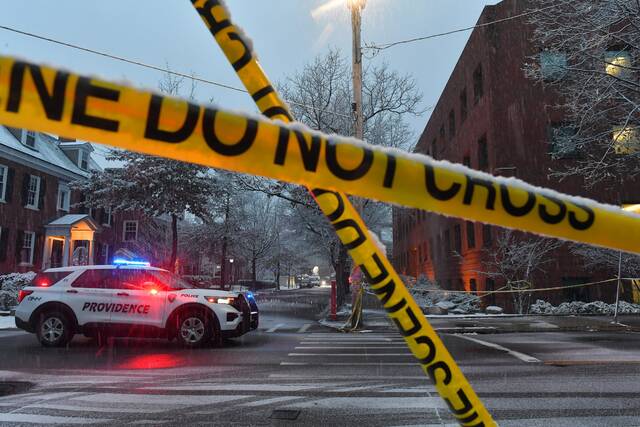Maybe the spark will come from a group of students with an idea bigger than their budgets or from professors whose research needs a financial nudge toward fruition.
It might even originate with philanthropic groups or businesses beyond campus that share an environmental bent.
If money motivates, then the University of Pittsburgh may have found a way to encourage groups to help it balance its greenhouse gas emissions by 2037.
The university is seeking entries for the $300,000 Pitt Sustainability Challenge.
Students, faculty, staff and outside organizations are encouraged to develop “an integrated, impactful, durable and feasible solution to advance carbon neutrality with lasting benefits” to the Pitt community.
“The Pitt Sustainability Challenge invites the public to put forth their best ideas,” an announcement on its website says.
The website explains eligibility and rules and says groups must register by 9 p.m. March 8 and then complete the online registration form and submit an application online no later than 9 p.m. April 5.
Aurora Sharrard, Pitt’s executive director of sustainability, told the University Times that the first registrants came forward days after the contest was announced this month.
“We’re very excited about the response,” she said.
She told the Times that entrants competing could focus on a solution with university-wide impact or part of a single campus, such as making the main campus dorms in Oakland or the athletic department more carbon neutral.
She said groups from varied backgrounds and disciplines can all complete in generating ideas beneficial to the environment.
“When you create open and fair challenges of this sort, you get the innovation and creativity that you are seeking,” she said.
Pitt has nearly 34,000 students on the main Oakland campus and branches at Bradford, Greensburg, Johnstown and Titusville.
The university administration and board of trustees have undertaken a variety of sustainability efforts and have pledged to continue phasing out fossil fuel investments in the university’s nearly $5.7 billion endowment (as of last year) by 2035. Greenhouse gas missions were down nearly 10% from the year prior, reaching closer to Pitt’s goal of being 50% below 2008 levels by 2030, officials said.
But the university also has faced criticism that its divestment efforts do not go far enough
On its Facebook page, the Fossil Free Pitt Coalition, an alliance of student organizations, students, staff and faculty, says the university must “immediately freeze all new investments in the 200 largest fossil fuel companies and divest and screen all direct holdings and commingled funds in the fossil fuel industry.”
The group wants Pitt trustees with any conflict of interest involving fossil fuels to abstain from voting on those matters and “reinvest at least 1% of the endowment into the Pittsburgh community, focusing on disproportionately affected and minority communities within the Greater Pittsburgh area.’’
The group has held protests and sit-ins inside and outside the Cathedral of Learning, including near the office of Pitt Chancellor Patrick Gallagher.
Trustees said last year that a sooner sell-off was discussed. But it could have cost Pitt tens of millions of additional dollars — perhaps more than $100 million — since many of its remaining holdings involved long-term commitments that could not be quickly sold on the secondary market.
The university chose 2037 — the 250th anniversary of its founding — to achieve carbon neutrality, or balancing all greenhouse gas it puts into the atmosphere by removing or capturing and storing an equivalent quantity of greenhouse gas emissions.
According to the Sustainability Challenge rules, award funds must be used for the solution described in the application.
Finalists will present their ideas publicly before a selection committee that will be charged with recommending a recipient of the $300,000 grant.








